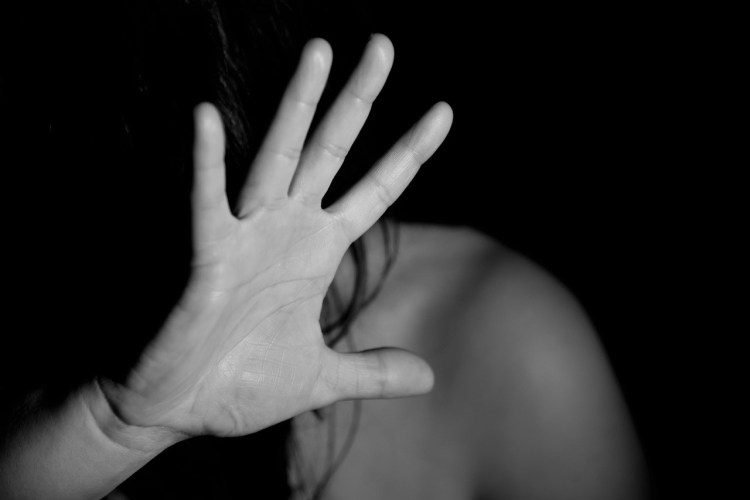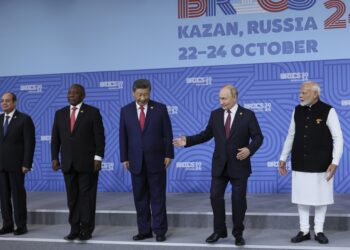Yesterday, 40 Cuban women have exercised their citizen right by submitting a request for a Comprehensive Law against Gender Violence to the National Assembly of People’s Power (ANPP).
The Office of Attention to the Population of the Assembly received a formal document signed by them, detailing why a specific Law on Gender Violence is necessary, what that Law would be and what specifically is requested of the Assembly.
Article 2 of the ANPP Regulations endorses that this body “represents and expresses the sovereign will of the entire people” and that it is the only one “with constitutional and legislative power in the Republic,” the signatories of the text recalled. In addition, article 61 of the new Constitution affirms that “people have the right to address complaints and requests to the authorities, which are obliged to process them and provide timely and relevant responses.” With this endorsement, the request calls for a legislative initiative on an issue considered vital in the final document of the National Conference of the Communist Party of Cuba (2012).
During 2019 there have been three political-institutional gestures that the signatories assure are part of the recognition of gender violence in the country and the new dimensions of its scope.
First, the new Constitution of the Republic included, in its article 43, the obligation of the State to protect women from gender-based violence and create the institutional and legal mechanisms for this.
Secondly, national figures on gender-based violence were released, which show that it is a considerable problem and that national rates are comparable with those of other regions of the world.
Lastly, in 2019 Cuba presented its First National Report on the Implementation of Agenda 2030 that included the first official public data on femicides in the country. In this way, the existence of these specific crimes was recognized.
What happened in 2019 is added to the work done for three decades through official institutions, NGOs, local projects and citizen activism.
The document recalls that in 1999 the UN special rapporteur on violence against women urged the adoption of special legislation to address violence in Cuba.
So far there have been no changes in that direction within the regulatory body. However, the issue has gained visibility in institutional and non-institutional public spaces.
“Today we have enough analyzes―global, regional and some also in Cuba―that show that gender violence is not the same as other types of violence and that it requires specific norms, actions and strategies,” said academics, writers, artists, producers, activists, journalists and religious leaders who signed the document.
The request to the ANPP includes three points:
- Include in the legislative schedule, provided for in the thirteenth provision of the current Constitution of the Republic, the elaboration of a Comprehensive Law against Gender Violence.
- Constitute an advisory group whose composition will be made public, composed of people with work on the subject, who will accompany the process of drafting the Law. We request that the group have representation from different regions of the country and social sectors.
- Receive and process citizen proposals in the process of preparing the Integral Law against Gender Violence.
With this, the document advances in a form of direct citizen participation in the Cuban legislative field and proposes another form of direct dialogue with the country’s institutions.
Cuba was the first country to sign and the second to ratify the Convention on the Elimination of All Forms of Discrimination against Women (CEDAW). But it still does not have specific norms to fight against this type of violence.
The Law proposed in this citizen application would comply with articles 41, 43, 44 and 86 of the Constitution, related to equality between men and women, the obligation of the State to protect women against gender-based violence and to ensure the inclusion and safeguard of the rights of people, and protect children and adolescents against all types of violence.
The objective of the proposed Law is not only to punish crimes, “but to create the bases for implementing a comprehensive prevention and care system.” In addition, a comprehensive and transversal Law is requested from the entire regulatory body, which can “enable and demand the creation of protocols in police and legal institutions, work and study centers, spaces of political militancy, cultural spaces and media, in the face of cases of gender violence and for its prevention.”
If this request is considered and the Law is drafted, Cuba would join the 13 Latin American countries that have integral protection norms against violence against women; a problem that, due to its high incidence, has been described as a “global pandemic.”
Since 1990 in Latin America, different types of laws on the subject have been approved―comprehensive laws against gender-based violence or specific laws on domestic violence―and other national norms are reformed to ensure the commitment of States in the fight against this form of violence.
This initiative could contribute to the fight against violence also becoming law in Cuba. The initial signatories of the application invite all those who wish to support it to send their full name to cubaleyviolenciadegenero@gmail.com










